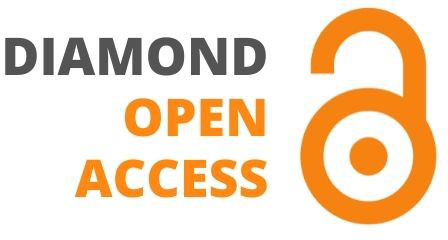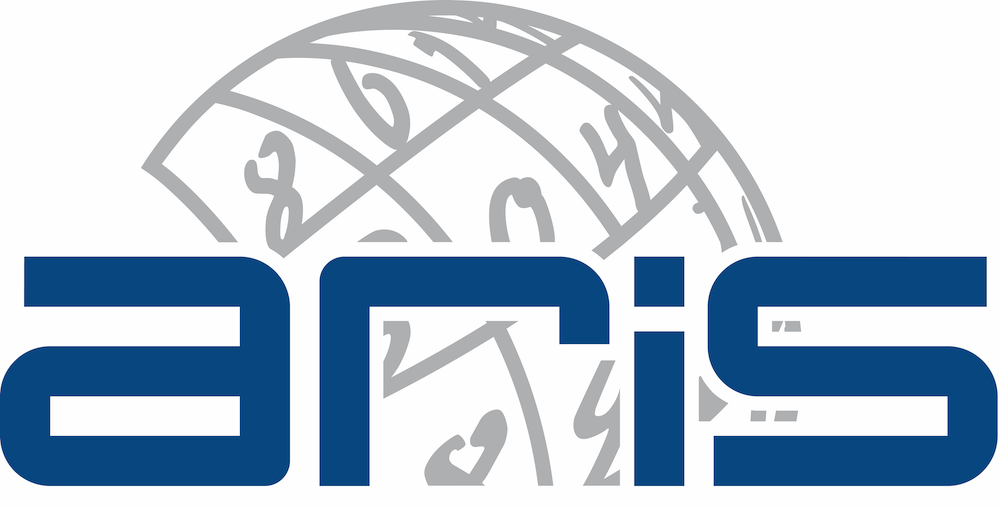Journal of Information Technology in Construction
ITcon Vol. 10, pg. 111-124, http://www.itcon.org/2005/9
A framework for strategic decision-making based on a hybrid decision support tools
| submitted: | January 2005 | |
| revised: | April 2005 | |
| published: | May 2005 | |
| editor(s): | Aouad G, Lee A and Wu S | |
| authors: | Farzad Khosrowshahi, Professor of Construction Information technology Department of Construction and Property, University of Salford, UK email: F.Khosrowshahi@salford.ac.uk Rodney Howes, Visiting Professor of Construction Management Department of Construction and Property, University of Salford, UK email: Rhowesh@aol.com | |
| summary: | The performance of a contracting company is closely linked with the quality of the decisions at the strategic level. However, the increasing complexity of organizations internal and external environments and the unstructured nature of decisions at the strategic level make the decision making a very complicated task. The number of influential variables is so large and their effects are so varied that any attempt to encapsulate them in a rational manner can indeed hinder the decision making process. To this end, this research explores the advantages of decision support tools and the benefit these tools can yield for the strategic management. Some of these tools are deterministic and structured: they rely on straightforward calculation or optimisation techniques. The solution to the unstructured problems, however, has relied on heuristic approaches and judgement of the decision-maker. While deterministic problems have to a large extent been addressed and appropriate models and algorithm have been developed for them, the unstructured problems have remained relatively unattended and the research works in this area tend to focus on single issues. This paper conceptualizes an umbrella framework using a Viable Systems Diagnosis VSD Model and a \"Decision Framework\", within which strategic decision making research applicable to construction can be coordinated and developed, thus avoiding wasteful duplication and gaps in knowledge. To this end, the research highlights the relevance and potential use of artificial intelligent techniques in assisting the managers with unstructured decisions. Further, it is argued that a strategic decision support system should assume an integrated structure, as many decision nodes, within the overall decision making structure, share common attributes and the inter-connection amongst these decision nodes has a complex structure. Therefore, the object oriented approach will provide an efficient structure for the development of the overall framework. | |
| keywords: | executive management, artificial intelligence, building, decision support tools, executive information system, management decision structure, artificial neural network. | |
| full text: | (PDF file, 0.385 MB) | |
| citation: | Khosrowshahi F and Howes R (2005). A framework for strategic decision-making based on a hybrid decision support tools, ITcon Vol. 10, Special issue From 3D to nD modelling, pg. 111-124, https://www.itcon.org/2005/9 |





